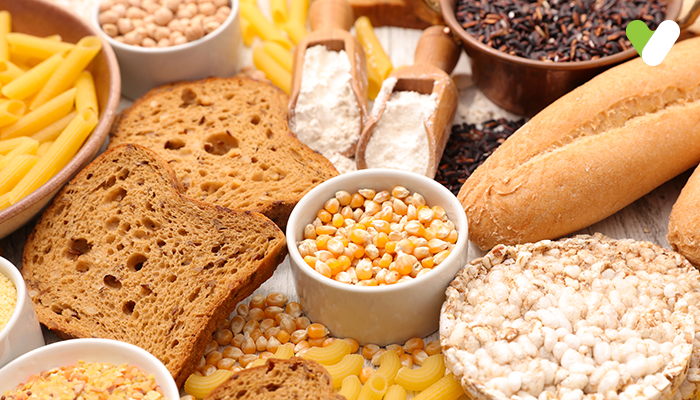Ashwin is a health freak who always likes to have foods that suit his lifestyle. He wants to eat only gluten-free foods due to various myths. However, he consulted with a dietician to know more about the impacts of gluten foods and got more ideas. He also recommended some gluten foods to his friends and relatives who don’t have sensitivity or allergies.
If you are thinking of eating gluten foods, then you should consider knowing more about them in detail. This will help a lot to keep your health in good condition. A lot of myths about gluten foods are prevailing in the food industry, and you should gather more details about them from different sources. This will allow you to determine whether to take them or not.
Do you know what gluten is? It is a type of protein found in rye, wheat, bread, barley, pizza, and pasta. It will improve your health conditions effectively. At the same time, you should stop taking them when you have celiac disease or other gluten-related health problems.
Bursting Common Gluten-Free Myths
1. They are bad for your health
There is a belief that gluten foods are bad for your health. Whereas, the fact is that both gluten foods and gluten-free foods provide the same benefits for you. When you follow a gluten-free diet, read the labels of products first to help make the right decision. You can consult with a dietician to know the impacts of gluten foods before taking them.2. Gluten-free foods are always healthy
It doesn’t mean that all gluten-free foods are always healthy. It is not true as they are heavily processed and involve more sugar when compared to foods made with gluten. Apart from that, they are highly expensive, and you can't buy them all the time.3. Eating gluten-free foods will aid in the weight loss process
Eating gluten-free foods allows you to lose weight. There is no evidence that supports the fact, so don’t spend too much of your money on them. It would be best to make a detailed study about foods from different sources before buying them. This, in turn, gives ways to keep your health in good condition.4. Gluten causes allergies
It is a common myth that gluten foods may cause allergy problems to you. Several factors will influence allergy symptoms, and you should diagnose them in a clinic that will help overcome them significantly. Eating gluten foods won't cause any allergies, and you can check with a dietician before taking them.5. You can diagnose yourself with gluten intolerance
Gluten intolerance or sensitivity can cause some inconvenience to you, such as celiac disease. At the same time, you shouldn’t make a decision yourselves before consulting a doctor. You should seek support from a specialist to diagnose the problems of both intolerance and sensitivity. Before jumping to conclusions, you should consider some other factors that make you ill. Stress, indigestion, and other dietary abnormalities can cause indigestion problems to a large extent.6. Less gluten allows you to maintain your energy levels
Is it true that taking less gluten will enable you to increase your energy levels? No. It is a common myth that prevails in the food industry, and there is no concrete evidence that supports it. Some people say that gluten foods need more energy and time to digest, which can result in various problems.7. Gluten foods may cause cancer
Another common myth about gluten foods is that they can cause cancer symptoms to a large extent. However, it is not true because some other factors can influence cancer in your body. Hence, you should check them with a doctor that will help you get some ideas with ease. This will help a lot to choose the right type of treatment which exactly fits your disorder.8. Celiac disease is not serious
It would help if you didn't ignore the symptoms of celiac disease when you want to eat foods that have gluten. This is because it is very serious that can cause other potential health risks when not handled properly. You should check the conditions of celiac problems with a physician that will help you undergo treatment accordingly. Also, you can avoid foods that will increase the condition.Also Read: 11 Signs and Symptoms of Celiac Disease

